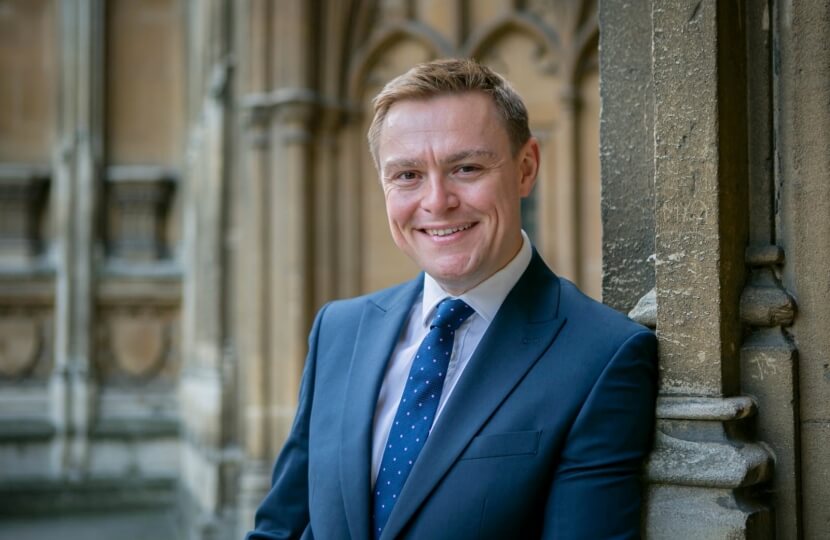In a significant commitment to bolster healthcare capabilities and address critical workforce challenges, the United Kingdom (UK) has pledged £15 million in funding to enhance the recruitment and retention of healthcare professionals in three African nations: Kenya, Nigeria, and Ghana. This initiative, funded by the Official Development Assistance (ODA) budget, spans the period from 2022 to 2025 and aims to fortify these countries’ capacity to effectively respond to global health challenges.
The primary objective of this funding initiative is to optimize, develop, and reinforce the healthcare workforce in these three African nations. By doing so, it seeks to ensure that individuals have swift access to a comprehensive range of healthcare services, ultimately contributing to the achievement of universal healthcare coverage.
The selection of Kenya, Nigeria, and Ghana as recipients of the ODA award stems from their pressing need for workforce support. These countries have grappled with high mortality rates among their populations, inadequate numbers of healthcare staff, and unemployment issues among trained healthcare workers.
The COVID-19 pandemic underscored the urgency of international collaboration in addressing global health crises. It highlighted the strain on the UK’s National Health Service (NHS) and the worldwide challenges of workforce retention, coinciding with a growing demand for healthcare professionals.
According to estimates by the World Health Organization (WHO), a shortage of 10 million healthcare workers globally could materialize by 2030, posing a substantial threat to achieving universal health coverage worldwide and exacerbating healthcare disparities.
Efforts to address these critical workforce challenges play a pivotal role in strengthening healthcare systems and enhancing global resilience against future pandemics. They also contribute to safeguarding the health and well-being of individuals worldwide.
UK Health Minister Will Quince emphasized the significance of this funding, stating, “Highly skilled, resilient staff are the backbone of a strong health service, so I’m delighted we can support the training, recruitment, and retention of skilled health workforces in Kenya, Nigeria, and Ghana.” He further underscored the aim of strengthening health systems in these countries, which, in turn, would boost global pandemic preparedness and reduce health inequalities.
A substantial portion of the £6 million from the Official Development Assistance (ODA) funding commitment will be allocated to support the World Health Organization (WHO) in its endeavors to enhance health workforce planning and capacity building. These collaborative initiatives will encompass streamlining administrative systems, expanding training opportunities, and addressing workforce retention challenges, all achieved through partnerships with local governments and stakeholders within the healthcare systems.
Furthermore, as part of this comprehensive package, the Department of Health and Social Care will oversee a £9 million competitive grant scheme spanning two years. This scheme aims to empower a not-for-profit organization to coordinate the implementation of partnership initiatives in the participating countries.
These partnership programs will encompass activities like connecting UK institutions with local healthcare systems, facilitating skills exchanges, and enhancing curricula, regulations, and guidance in Kenya, Nigeria, and Ghana.
The designated delivery coordinator will assume responsibility for establishing, funding, and supervising these efforts, with the overarching goal of enhancing the quality of healthcare services and retaining healthcare professionals in these three countries, ultimately leading to improved patient outcomes.
This funding initiative builds upon a previous commitment of £5 million as part of the Building the Future International Workforce ODA program, which targeted Ghana, Uganda, and Somalia. This program concentrated on enhancing health workforce planning and management, creating training opportunities for refugees and displaced individuals, and fostering connections between NHS institutions and healthcare institutions in these countries.
The £15 million Global Health Workforce Program also featured a £9 million two-year competitive grant scheme orchestrated by the Department of Health and Social Care. This scheme aimed to enable not-for-profit organizations to coordinate the implementation of partnership initiatives in participating countries, aligning with the overarching goals of enhancing healthcare workforce capabilities and systems in Kenya, Nigeria, and Ghana.




